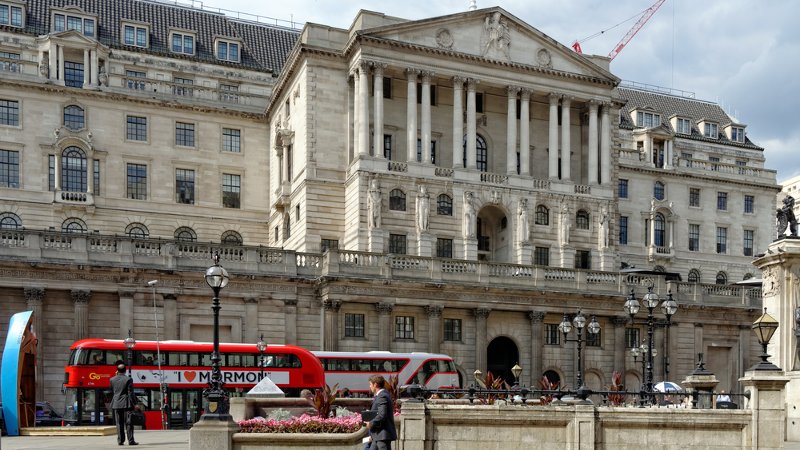The Monetary Policy Committee unanimously voted to raise the base rate.

The Bank of England has voted to increase the base rate from 0.5% to 0.75% as anticipated.
The Monetary Policy Committee unanimously voted to raise the base rate.
The MPC minutes read: "Recent data appeared to confirm that the dip in UK output in the first quarter had been temporary, with momentum recovering in the second quarter.
"The labour market had continued to tighten and unit labour cost growth had firmed.
"Given these developments, a 0.25 percentage point increase in Bank Rate was warranted at this meeting to return inflation sustainably to the target."
It was added: "Unemployment is low and is projected to fall a little further. In the MPC’s central projection, therefore, a small margin of excess demand emerges by late 2019 and builds thereafter, feeding through into higher growth in domestic costs than has been seen over recent years."
The base rate last increased from a record low of 0.25% to 0.5% in November last year.
David Copland, director at TMA, said: “Today’s decision by the Bank of England is no surprise.
"Prospects of a rate rise for the second half of 2018 have been looming for a while and this increased hugely last month with more members of the MPC calling for a rate rise than ever before.
"This will give the Bank of England some wriggle room to reduce rates again if that stimulus is needed as we approach Brexit.
"Advisers should be speaking with clients now if they have not done so already to ensure they are adequately prepared for any increases to their mortgage.
"For borrowers approaching the end of their fixed terms and on tracker rates, the next few weeks could be crucial for looking at remortgage deals that could offer the security of a longer-term fixed rate.”
The base rate is now at its highest level since March 2009.
Paul Broadhead, head of mortgage and housing policy at the BSA, said:“Today’s MPC decision means the Bank Base Rate is now at its highest level for over nine years, although interest rates still remain low relative to their historic averages.
"The majority of mortgage borrowers will see no immediate impact on their household finances as two-thirds of existing mortgages are on fixed rates.
"Transaction levels amongst home-movers are already subdued, partly because of Brexit related uncertainty.
"How much rates will move in such a highly competitive market remains to be seen.”
At the start of the year there was strong speculation that there would be a rate rise in May. But that failed to materialise, with the Bank voting 7-2 to keep the base rate at 0.5%.
Paresh Raja, chief executive of bridging lender Market Financial Solutions, said: “For those homeowners paying off variable or tracker mortgages, they will now be faced with an increase in their monthly payments, which could place considerable strain on households.
“What’s more, this rate rise will mean that banks will be more cautious when It comes to approving mortgage applications.
“The stringent lending measures that have been imposed since the onset of the financial crisis a decade ago have made it tough for people to access finance from high street lenders, and this latest rise could make it more difficult for people to successfully acquire a mortgage from a bank due to the increase in monthly payments they will now face.”



